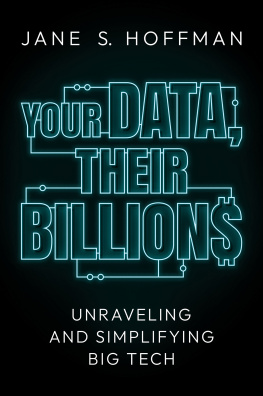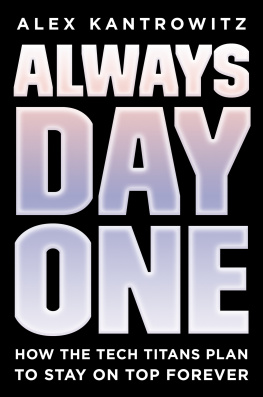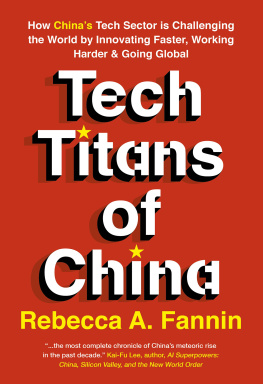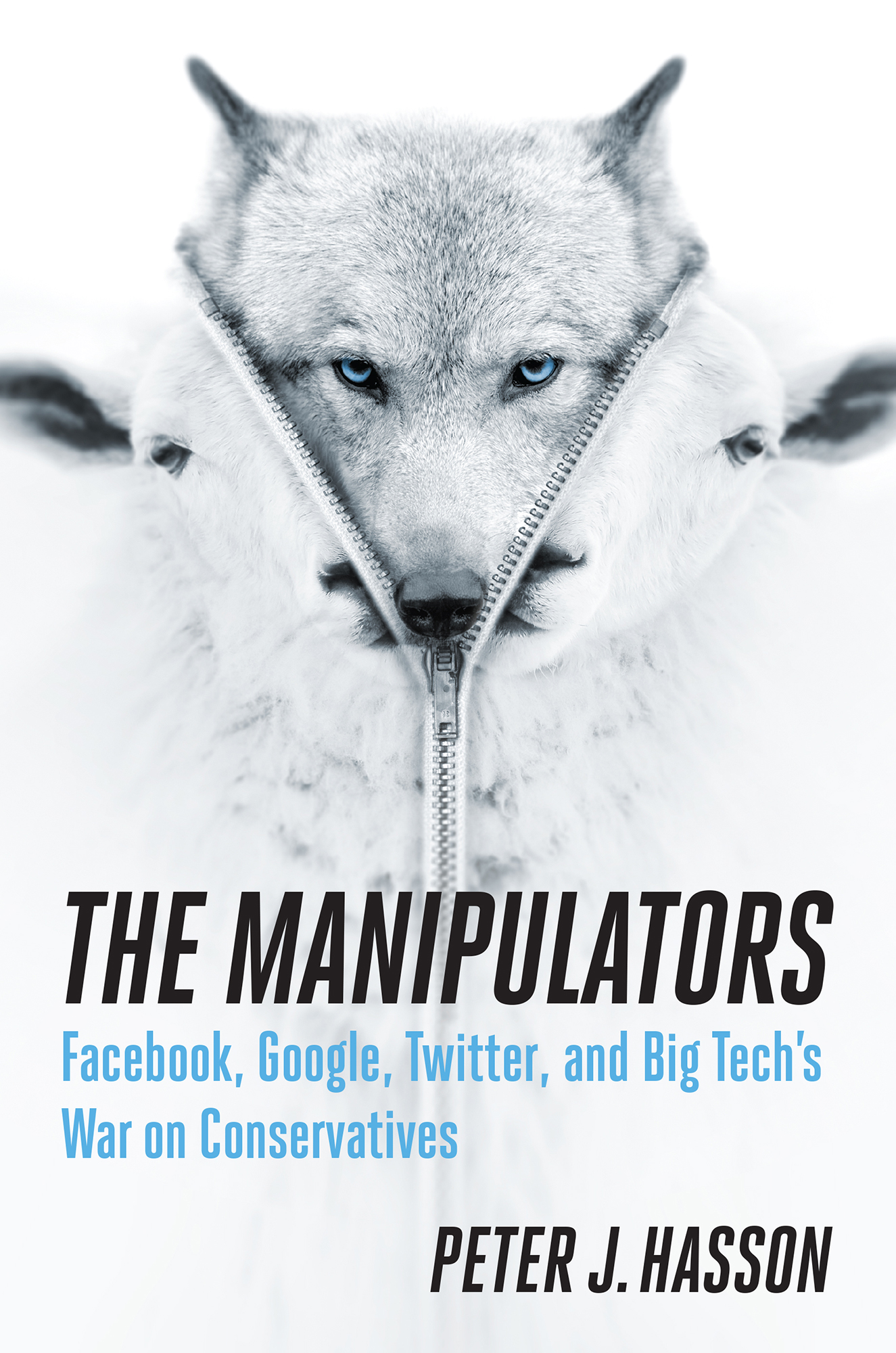Contents
Guide
Copyright 2020 by Peter J. Hasson
All rights reserved. No part of this publication may be reproduced or transmitted in any form or by any means electronic or mechanical, including photocopy, recording, or any information storage and retrieval system now known or to be invented, without permission in writing from the publisher, except by a reviewer who wishes to quote brief passages in connection with a review written for inclusion in a magazine, newspaper, website, or broadcast.
Regnery is a registered trademark of Salem Communications Holding Corporation
ISBN 978-1-62157-958-8
ebook ISBN 978-1-62157-966-3
LCCN: 2019955220
Published in the United States by
Regnery Publishing
A Division of Salem Media Group
300 New Jersey Ave NW
Washington, DC 20001
www.Regnery.com
Cover design by John Caruso
Books are available in quantity for promotional or premium use.
For information on discounts and terms, please visit our website: www.Regnery.com.
To my parents, Seamus and Mary Hasson
CHAPTER ONE The Establishment vs. Free Speech
I n June 1998, Matt Drudge announced in a speech to the National Press Club: We have entered an era vibrating with the din of small voices. Every citizen can be a reporter, can take on the powers that be. The difference between the Internet, television and radio, magazines, newspapers, is the two-way communication. The Net gives as much voice to a [onetime] thirteen-year-old computer geek like me as to a CEO or speaker of the House. We all become equal. And you would be amazed what the ordinary guy knows.
Less than five months earlier, Drudge had single-handedly sent the political and media worlds into turmoil. His website, the Drudge Report, not only broke the story of President Bill Clintons affair with a White House intern, Monica Lewinsky, but revealed that Newsweek magazine had been sitting on the story. In one fell swoop, Drudge delivered a shattering blow to both the political and media establishments. That, Drudge reflected in June, was the power of the Internet: one man and a laptop could expose facts that important people wanted ignored.
Six years before Facebook was founded, seven years before Google launched YouTube, and eight years before Twitter existed, Drudge predicted the effect that platforms like theirs would have on public knowledge and the media industry. And time was only newsrooms had access to the full pictures of the days events. But now any citizen does. We get to see the kinds of cuts that are made for all kinds of reasonsendless layers of editors with endless agendas changing bits and pieces, so by the time the newspaper hits your welcome mat it had no meaning. Now, with a modem, anyone can follow the world and report on the worldno middleman, no Big Brother. And I guess this changes everything.
On October 13, 2016, eighteen years after Drudges comments, legal scholar Jeffrey Rosen, in a speech at the Harvard Kennedy School of Government, delivered a prescient warning about the most urgent free speech question of our time. That question, Rosen said, is how to protect First Amendment values in an age where young lawyers at Google and Facebook and Twitter have more power over who can speak [and] be heard, than any king, or president, or Supreme Court justice. Rosen warned that Google, Facebook, and Twitter were facing growing public pressure, here in America and around the world, to favor values such as dignity and safety rather than liberty and free expression on their platforms. As a result, the great challenge would be to ensure that the American free speech traditionwhich is so necessary for the survival of American democracyflourishes online, rather than atrophying.
Rosens great concern, he told his audience, was that he was not confident that the public will demand First Amendment and constitutional valuessuch as transparency, procedural regularity, and free expressionover dignity and civility. In colleges in America, and on digital platforms around the world, public pressure is clamoring in the opposite direction, in favor of dignity rather than liberty of thought and opinion. His speech centered on an ominous prediction of the future:
As public pressures on the companies grow, they may increasingly try to abdicate their role as deciders entirely, to avoid being criticized for making unpopular decisions. I can imagine a future where Google, Twitter, and Facebook delegate their content decisions to government, to users, or even to popular referenda, in order to avoid criticism and accountability for exercising human judgment. The result would be far more suppression of speech, and less democratic deliberation than exists now, making the age of the deciders look like a brief shining age, a Periclean oasis before the rule of the mob with a dictator.
Rosens pessimistic vision didnt take long to become reality.
Donald Trumps election in 2016 sent a shockwave through the liberal political and media establishment. That establishment suddenly realized that it had lost control of the national conversation. Panicked, it turned to Big Tech to censor and suppress open debate on the Internet in order to control it and bring it in line with the left-liberal consensus of the media, the Democratic Party, and public education, which has long been hostile to politically incorrect thinking and speech.
If they succeed, it will be bad news for people who believe in freedom and diversity of opinion, because the mainstream media, the Democratic Party, and the education establishment are among the most intellectually narrow-minded institutions in American life. Even the Washington Post has acknowledged that liberal intolerance is on the rise on Americas college campuses, with data showing that college students have steadily become more intolerant of controversial speech in the last half century.
Viewpoint diversity is no greater within the media: most every cable news program slants leftward. (In fact, Fox News tops the cable news ratings precisely because its the only major network that speaks to the right side of the aisle.) A 2014 study found that between 2002 and 2013, the percentage of mainstream journalists who were registered Republicans fell from 18 percent to 7 percent.
The lefts stranglehold on education and media has serious consequences for the lives of everyday Americans. Its how ideas like toxic masculinity, white privilege, and preferred pronouns, leak into mainstream discourse: they germinate in the offices of far-left academics, migrate to the news and editorial desks at the New York Times, buzz into the minds of Democratic politicians, and then are stamped into the mandatory curriculum at your local high school. Of course, not every journalist or public school teacher is a leftist, but the data make clear that most are, especially at the upper levels of their professions. The power players in these industries are all on the same ideological team, and they are all part of the same liberal establishment that has driven Americas national discourse for decades.
The advent of Internet search engines like Google, video-hosting sites like YouTube, and social media platforms like Facebook and Twitter, produced new ways around the lefts information monopoly; they empowered private citizens to report events, express opinions, and reach broad audiences on a scale that had traditionally been reserved for network news anchors, print reporters, and prominent intellectuals.














